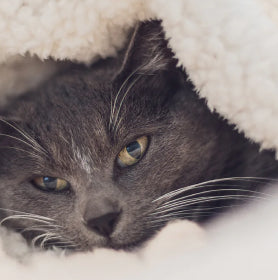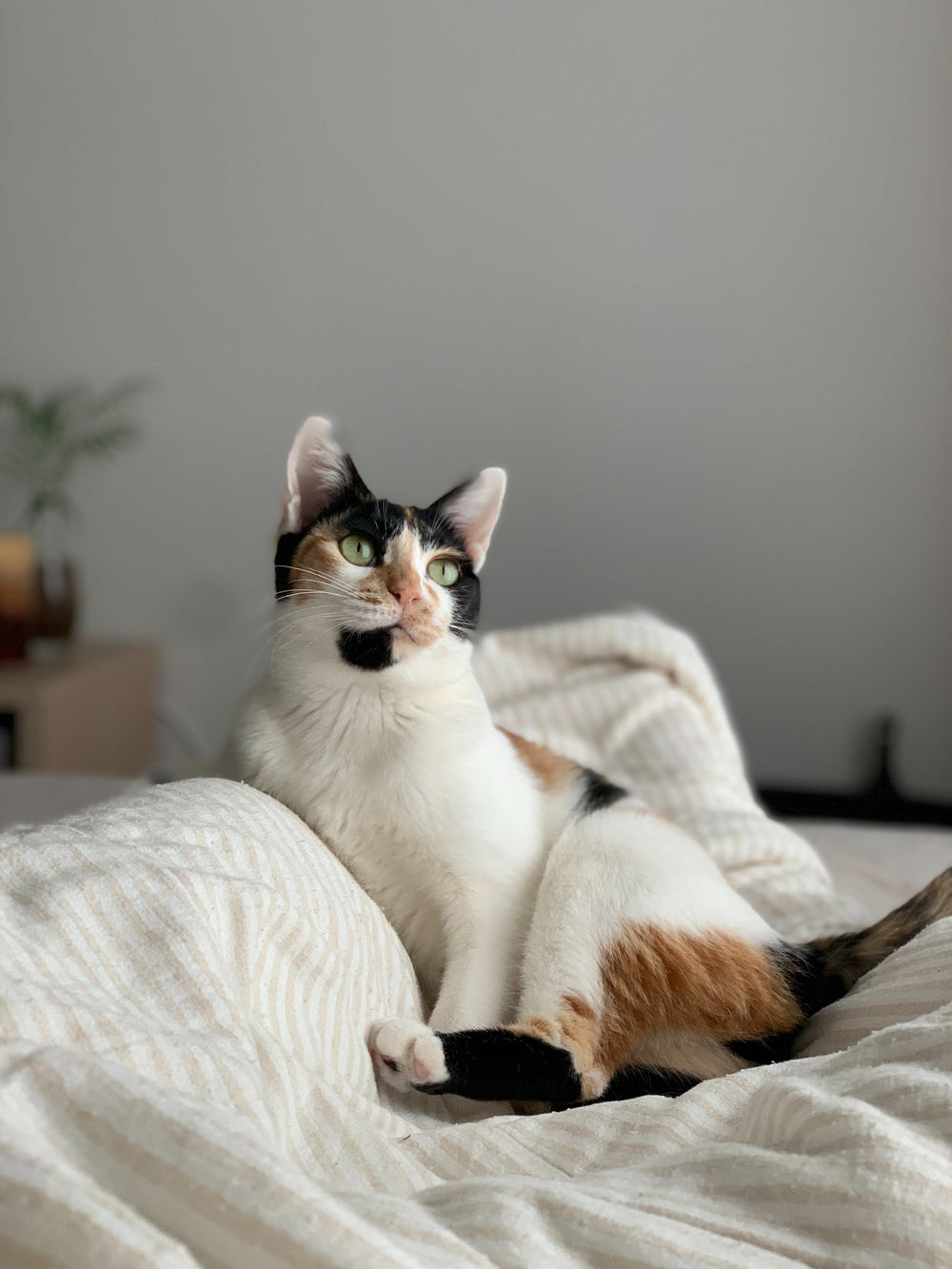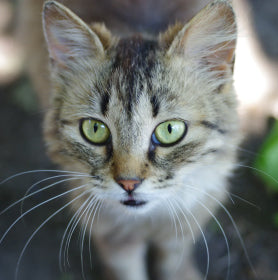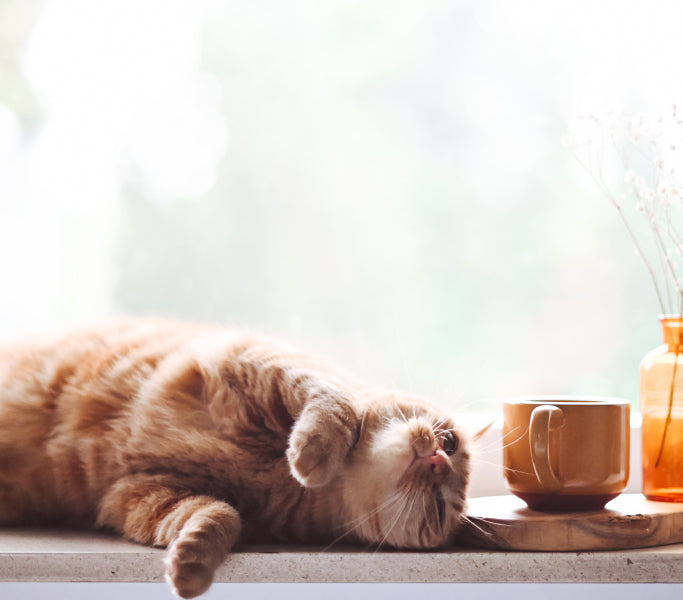Reducing anxiety in cats
Cats are social animals that form strong relationships with their owners and don’t like sudden change. Because of this, cats are at risk of developing anxiety and if left untreated, this can become a serious problem. Here is a list of the symptoms for anxiety and some tips on how you can help reduce stress for your cat.
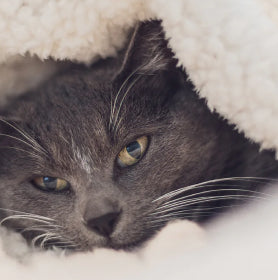
SIGNS OF ANXIETY IN CATS
Although cats can’t tell you they are suffering; they will show signs and symptoms of anxiety. Make sure you monitor your cat closely and watch for these signs:
- Excessive meowing
- Inappropriate urinating
- Excessive self-grooming
- Not eating or eating too fast
- Clinginess
- Vomiting and diarrhea
- Isolation
HOW TO REDUCE STRESS
-
Keep to a routine: Cats thrive on routine. If you’re not in a set routine, start creating a daily schedule that reflects your regular lifestyle.
-
Alone time: Build up the time your cat is alone. You can start by placing them in a separate room or section of your home with the door closed.
-
Independent toys: Cats can keep themselves entertained for some time with toys. Make sure you have a wide variety of toys you rotate, and if you usually put food out for your cat, consider putting the food inside a toy instead.
- Indoor activity: Cats like to have areas to climb, but they will also love a spot to look at a window and a warm blanket. Think about what your cat engages with daily and create a suitable space for their needs and interests.
CONSULT YOUR VET
If you notice any signs of anxiety, or if you are worried about your cat or kitten, make sure you make an appointment to see your vet. They can prescribe anti-anxiety medication, or they may recommend a behaviourist or trainer who can help you and your cat through behavioural conditioning.


